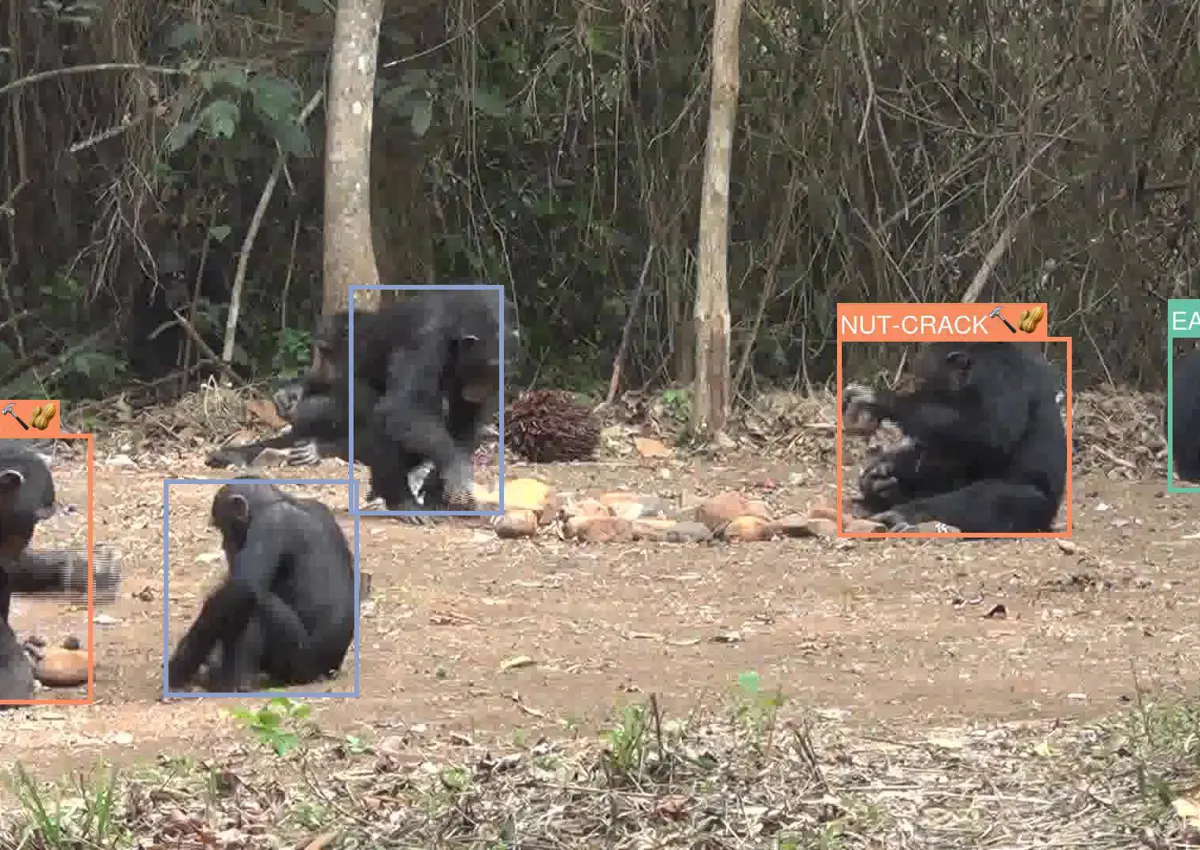24 Aug 2022
Professor Andrew Zisserman awarded Royal Society Medal
Professor of Computer Vision Engineering Andrew Zisserman awarded the Bakerian Medal and Lecture, the premier lecture in physical sciences

3d reconstruction
Professor of Computer Vision Engineering Andrew Zisserman has been awarded the Bakerian Medal and Lecture by the Royal Society.
Each year, the Royal Society recognises exceptional research achievements through a series of prestigious medals and prizes named after great scientists of the past. Eight of the 2021-22 awards, announced today, honour Oxford University researchers for their outstanding contributions to science and medicine.
The Bakerian Medal and Lecture is the premier lecture in physical sciences. The lectureship was established through a bequest by Henry Baker FRS and began in 1775.
Professor Andrew Zisserman FRS receives the Bakerian Medal for his research on computational theory and commercial systems for geometrically analysing images, and for being a pioneer in using machine learning for vision, especially image recognition.
"I’m very honoured, and delighted to have this recognition for myself, for the research team, and for the computer vision field."
 Professor Zisserman’s current research focuses on developing new ways for computers to learn to understand the content of video streams. This aims to move away from conventional ‘supervised’ forms of learning, where computers can only learn to recognise classes of objects they have been instructed to look for, to ‘self-supervised’ modes, where computers learn directly from the structure of the video stream, an approach inspired by how infants are thought to learn. Ultimately, this could enable computers to analyse, describe and search image and video content with human-like capabilities.
Professor Zisserman’s current research focuses on developing new ways for computers to learn to understand the content of video streams. This aims to move away from conventional ‘supervised’ forms of learning, where computers can only learn to recognise classes of objects they have been instructed to look for, to ‘self-supervised’ modes, where computers learn directly from the structure of the video stream, an approach inspired by how infants are thought to learn. Ultimately, this could enable computers to analyse, describe and search image and video content with human-like capabilities.
He says: "Computer vision is a fast moving field, and there are many exciting potential applications for this research. These include the use of visual understanding for the deaf, for example recognizing British Sign Language (BSL), and for the visually impaired. However, there are many problems still to solve, and many new challenges arise as the research progresses."
Read more about Professor Zisserman’s work.

Chimpanzee behaviour: https://eng.ox.ac.uk/news/artificial-intelligence-used-to-recognise-primate-behaviours-in-the-wild/

Augmented Reality




